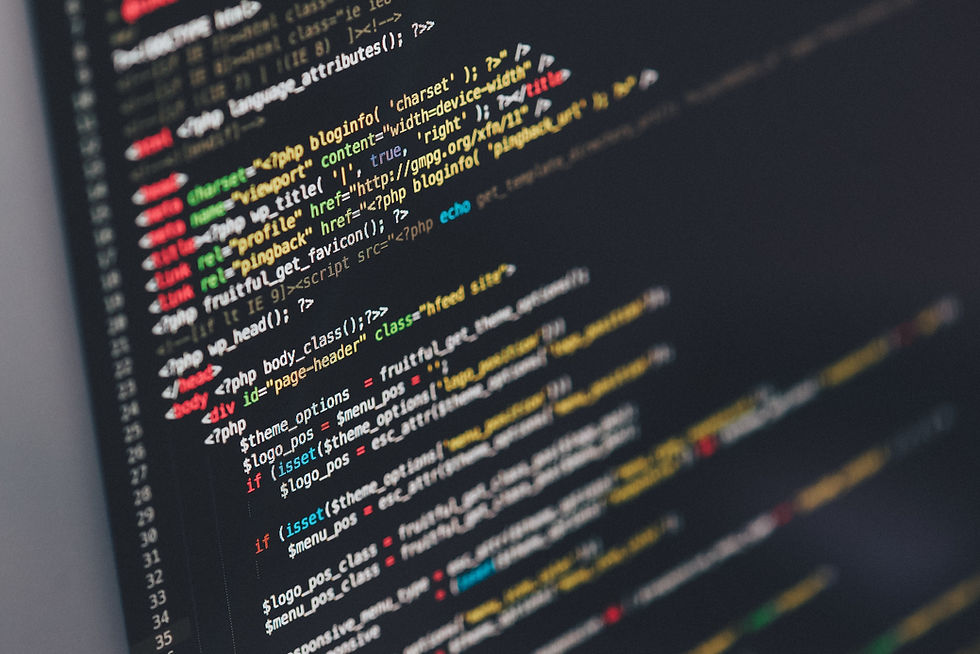Programming in Online Behavioural Science: The Good, the Bad, and the Ugly
- Joshua Balsters

- Jun 14, 2021
- 2 min read

I did a BSc in Psychology quite a long time ago and although a lot of things have changed — such as the grey bits in my hair — I’ve noticed that at least one thing hasn’t. Most psychology students hate:
Statistics
Computer programming
There were fifteen years between when I started my undergraduate degree and when I returned to teach psychology as a lecturer. The stigma towards maths and computer science was still present. Most psychology students elected to study psychology because they wanted to learn about things like anxiety and Schizophrenia, moods and personality, or just to understand themselves a bit better.
Rarely do students sign up to a psychology degree because they’re passionate about normal distributions and conditional statements. Programming knowledge can help, but it can also detract you from focussing on the important parts of your research.
When I was a lecturer, I always hoped that by the end of the three years of undergraduate study most students had gained an appreciation for statistics and programming and why it’s so important.
But I always remember at the end of my PhD, a close friend saying they would never have started the PhD process if they had known how much programming it involved. She was interested in how the brain worked, not 3D image processing in MATLAB. I don’t think she’s done any programming since.
Personally, I grew up with computers. My Dad was an electrical engineer whose hobby was building computers on the weekend, so I’ve always felt comfortable in this world. I truly believe that learning to code is a great skill, one that we should be introducing into schools at the earliest age possible so hopefully — like me — people get past the stigma and see what a powerful and helpful tool it can be.
That said, I’m a psychologist and a neuroscientist, not a computer scientist. I program as a means to an end, understanding how the brain works and why we behave the way we do. At some point, you have to know when to pass a job off to the experts.
Want to see more? You can read the full article here




Comments